Stockbridge-Munsee Band of Mohicans reconnects youth with homeland
A group of Indigenous youth traveled from Wisconsin to their ancestral homelands in New York and Massachusetts for the first time in generations, where they reconnected with the land, culture, and identity that was taken nearly two centuries ago — finding healing, joy and a sense of belonging.
ICT News
October 14, 2025
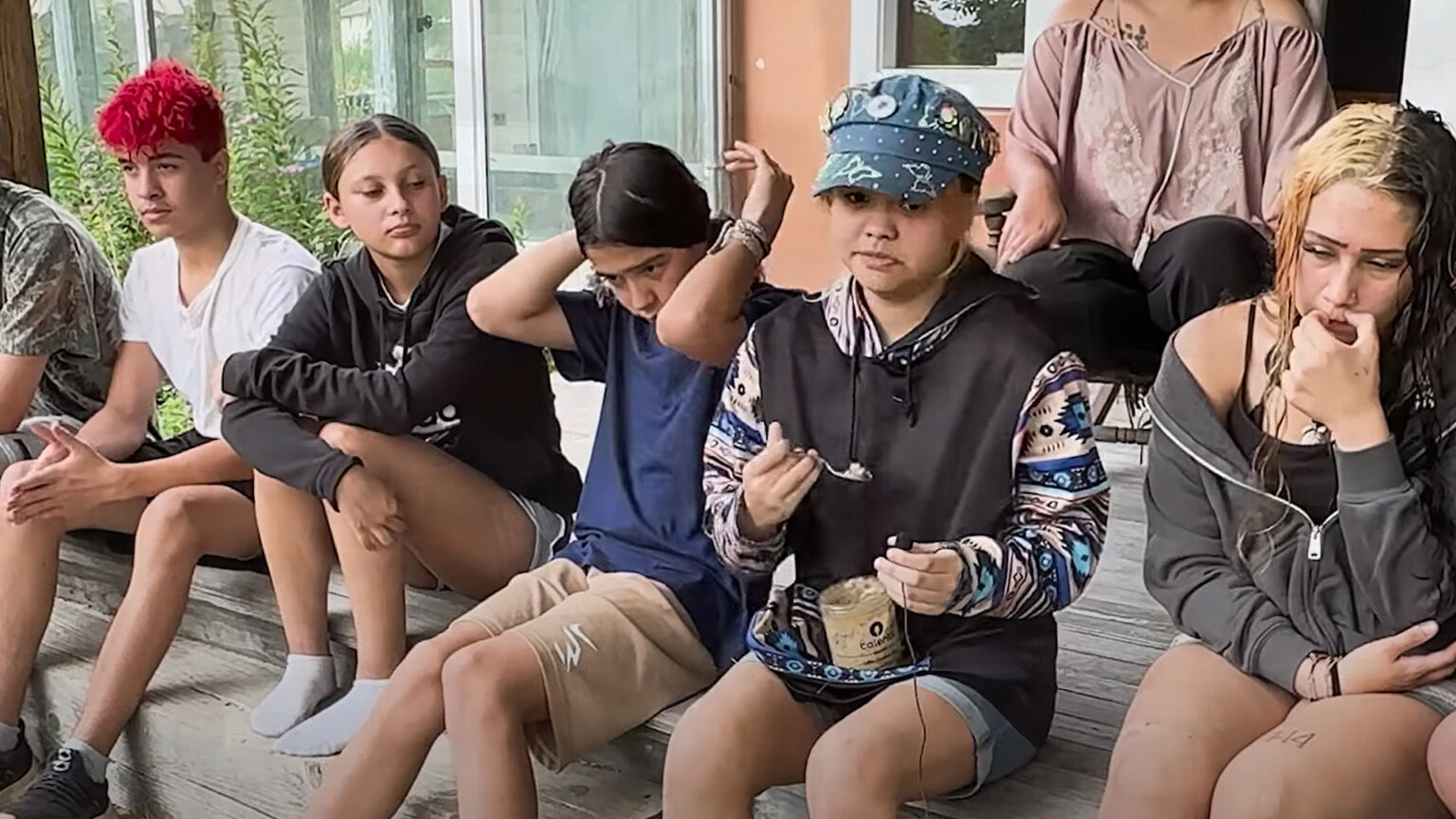
A group of Stockbridge-Munsee youth share their impressions upon visiting ancestral tribal lands in New York and Massachusetts. (Credit: ICT News)
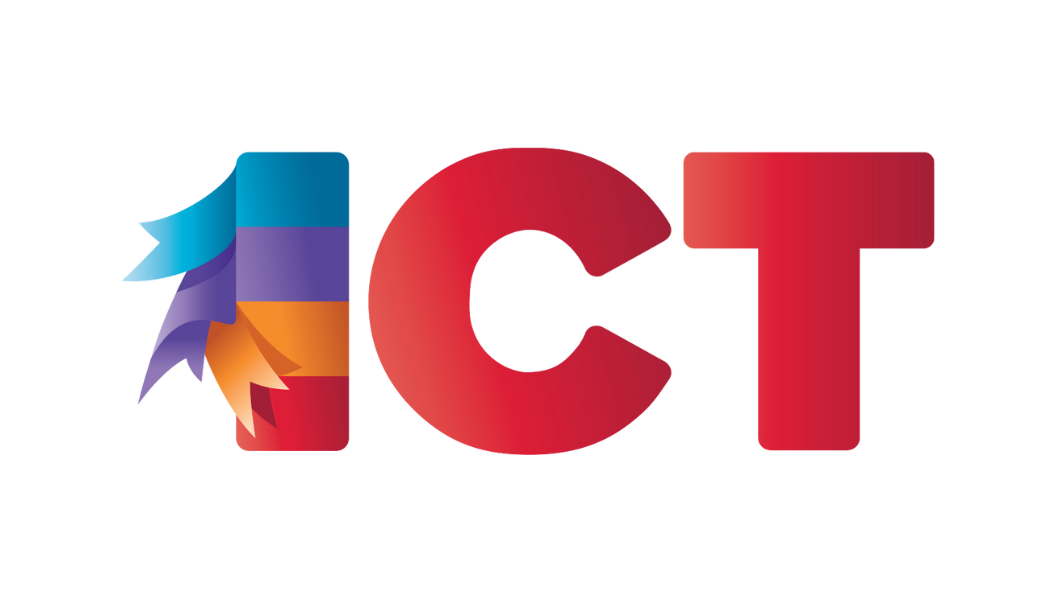
Stewart Huntington:
Janiyakuha Webster is a counselor ushering Stockbridge-Munsee students from their reservation in what is now Wisconsin to visit for the first time their ancestral homelands in what is now New York and Massachusetts. She wants to share with the youth something she experienced on the land.
Janiyakuha Webster:
Yeah, my first experience here was definitely like a wave that hit me. It was something that I couldn’t really explain, but it was definitely like it feels really good to be here. And I know the kids here too also feel that way.
Stewart Huntington:
In July, Webster made the 17-hour drive from Bowler, Wisconsin, with nine youths, to visit territory their ancestors were driven from nearly two centuries ago. It was the third year for the Youth Visitation Project, founded by Shawn Stephens through his organization, Red Road Reclamation.
Shawn Stephens:
Bringing them back to get in touch with our ancestral lands. We all grew up in Wisconsin, most of us never setting foot out here, especially in my generation. When I was younger, 99% of our people have never been out here. We are trying hard to help reclaim that identity, reclaim our culture, reclaim our languages, reclaim our children who are lost in the system.
Stewart Huntington:
Stephens too wanted to share something profound he experienced on his first visit to the homelands many years ago.
Shawn Stephens:
It just seemed very magical. When I came, it just felt like the ancestors were — you could feel them all around. Almost like, driving down the road, it’s almost like you could see them kind of peeking around the trees or something, watching us and happy that we were here. I couldn’t really describe the whole feeling, just felt like the ancestors are happy we’re here.
Stewart Huntington:
Stephen’s sister, Wanonah Kosbab, shares his passion for spreading a connection to homelands, and with it, identity and culture.
Wanonah Kosbab:
We bring them here, we get them in touch with nature, we reconnect them to nature, to the land, to the trees, to the animals. And in the end, it reconnects them to self, and that helps with mental health.
Stewart Huntington:
And it’s fun, she says, watching this happen to the kids.
Wanonah Kosbab:
The lights just start — bing, bing, bing, bing — and they all just kind of start lighting up and then the rest follow. It’s a really beautiful thing to see.
Stewart Huntington:
Just ask the kids.
Gabrielle Miller:
This whole trip I find fun, because we’re seeing other places that used to belong to our people.
John Tepiew:
The other day, we went to this great big mountain and I just thought it was really fun. I never left the state of Wisconsin, so coming out to New York was the best choice I think I made.
Stewart Huntington:
Red Road Reclamation has no ambition to stop now.
Wanonah Kosbab:
We actually want to expand. As our program grows, we started with the tribe that we’re from. Well, we started with ourselves. Started, then went to family, went to tribal and now is the third year. And so, we’re opening up to the other part of our tribe, which is the Munsee part of the tribe, the Lenni-Lenape, and then the goal is to keep going, keep expanding, helping all nations. Our goal is never just one, it was about helping all of our people.
Stewart Huntington:
And spreading the message even further.
Shawn Stephens:
Well, if we’re looking at it from a perspective of, we’re on the moon and we say, “Where’s your ancestors come from?” We all point to earth. We’re all from here, which means that we’re all relatives. We’ve all sprouted from the same tree of life — all humans, all animals, all plants, we all have common genetics, which means everything is your relative, everything is family. We’re trying to remind people: We’re all in this together, we’re all family. And we can’t fix the world — as Native people who have this understanding of indigenousness, we can’t fix it on our own. We can’t just take care of our own backyard. For the world, the world is all connected. There’s still a lot of natives out there that don’t think we should be sharing our ways, we shouldn’t be sharing our ways with other people. That’s our ways. We had so much taken from us and stuff, why would we give something like that up? But we have to, because the world needs it. The world needs it, the people need it, the earth needs it, we all need it.
Stewart Huntington:
For ICT, from the ancestral homelands of the Stockbridge-Munsee Band of Mohicans, I’m Stewart Huntington.
 Passport
Passport





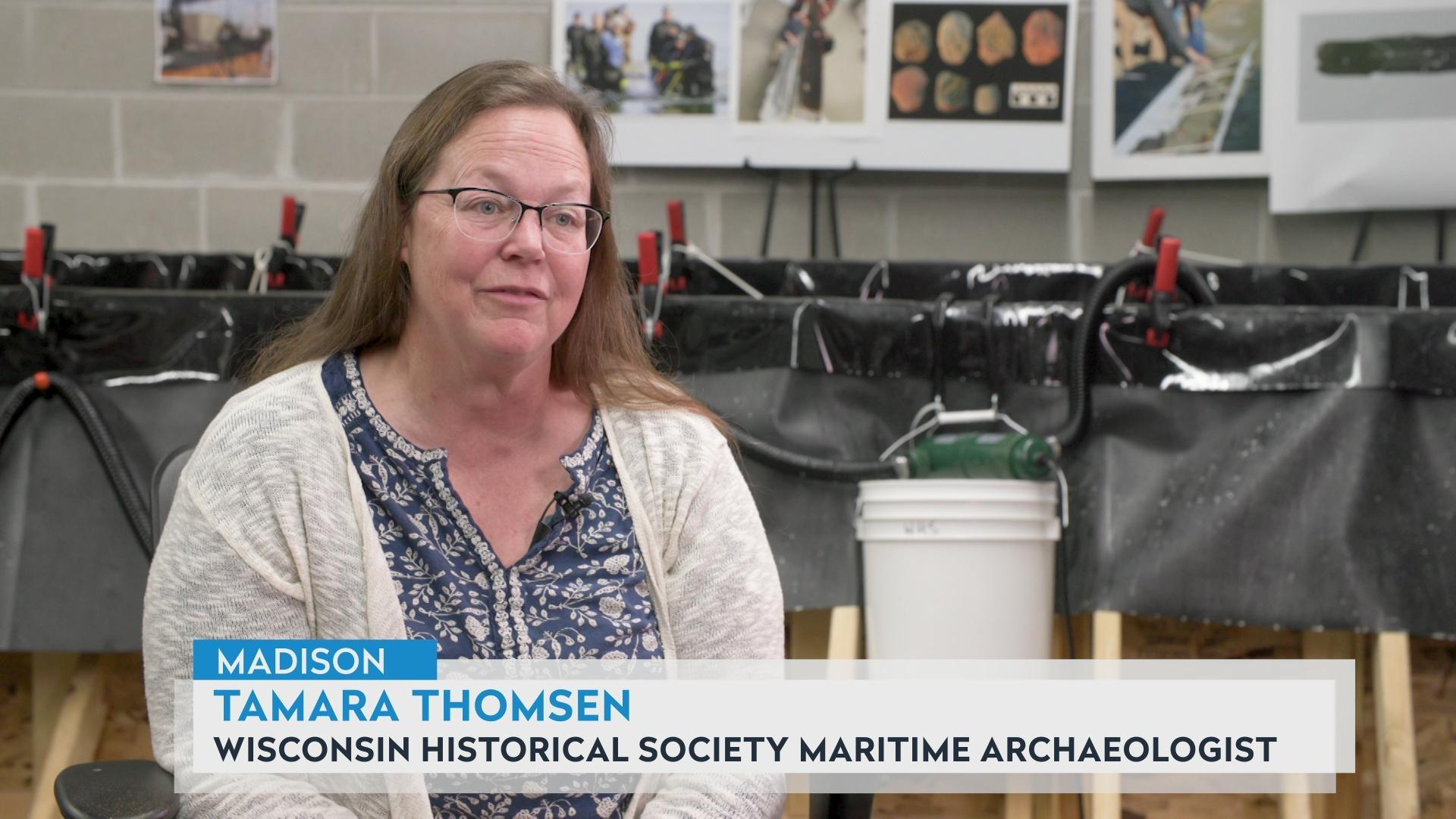
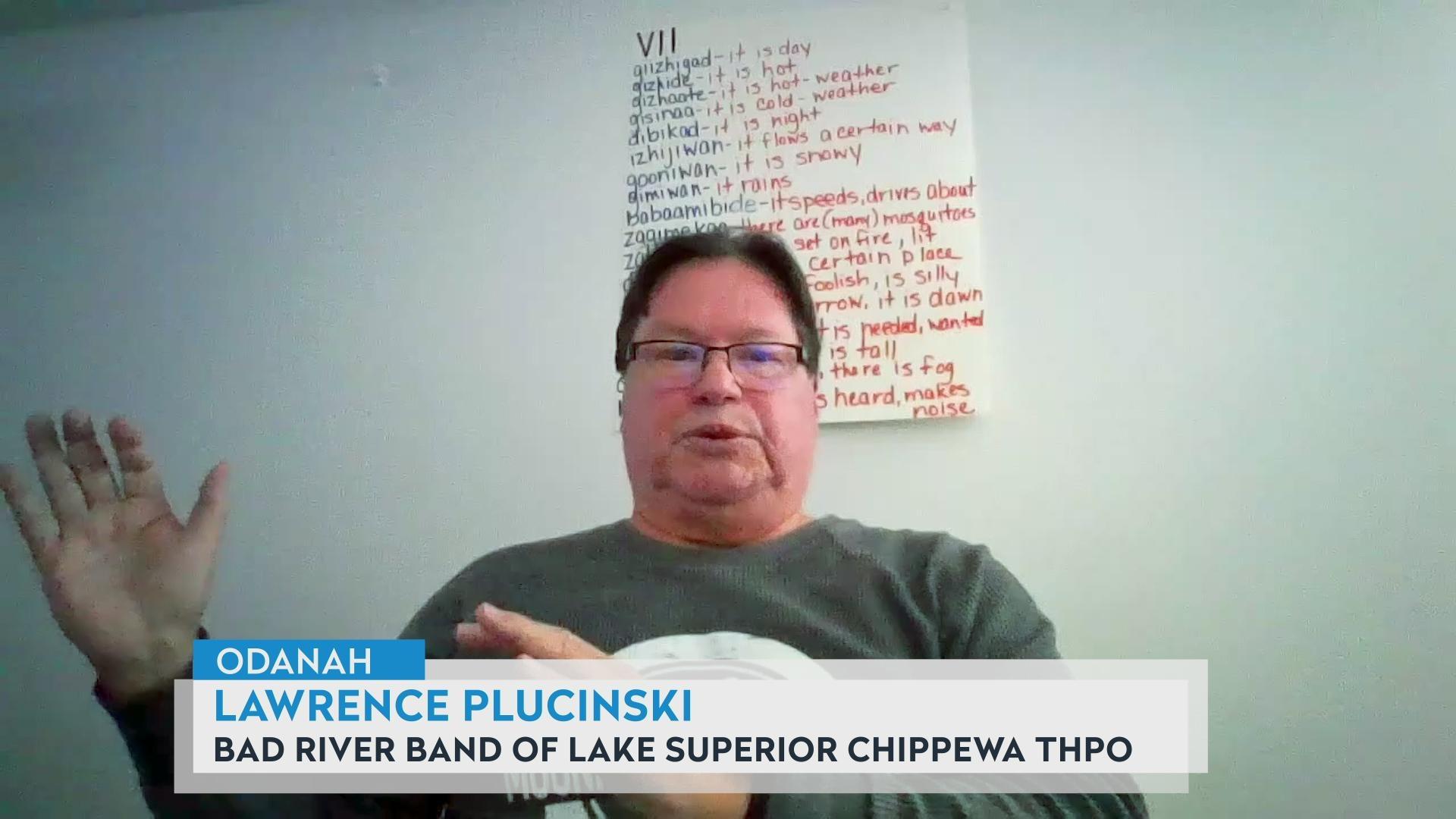
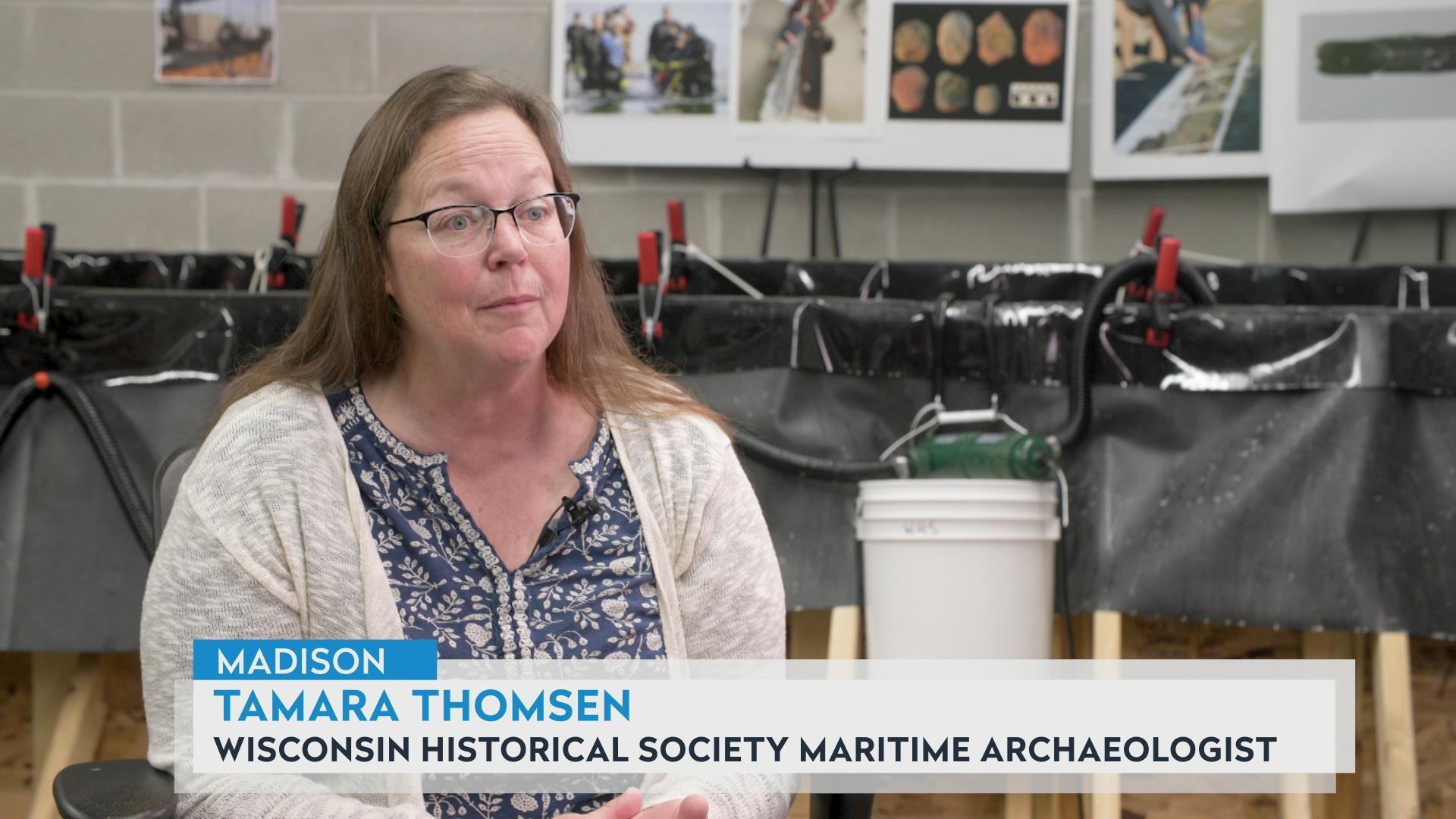
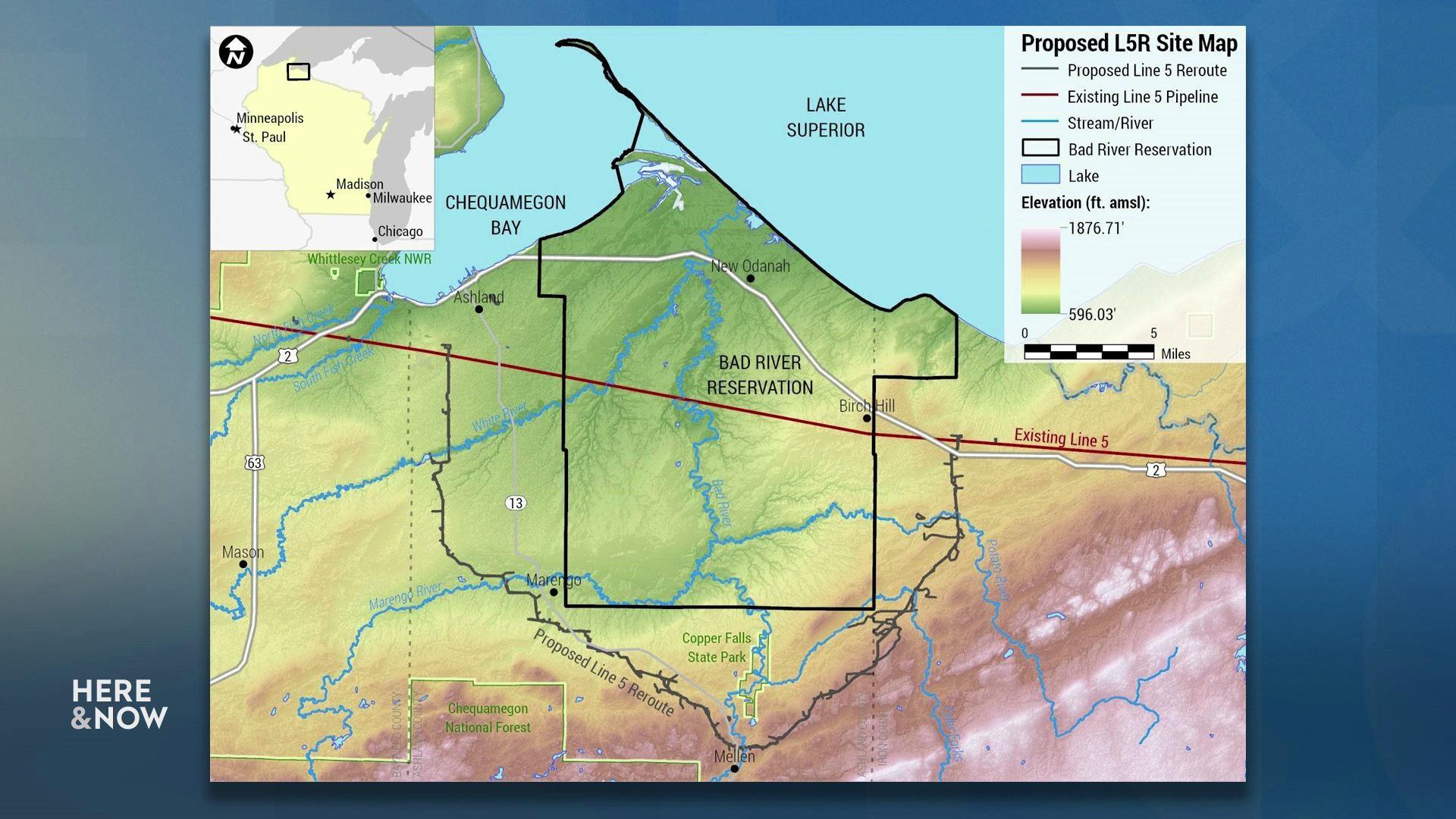
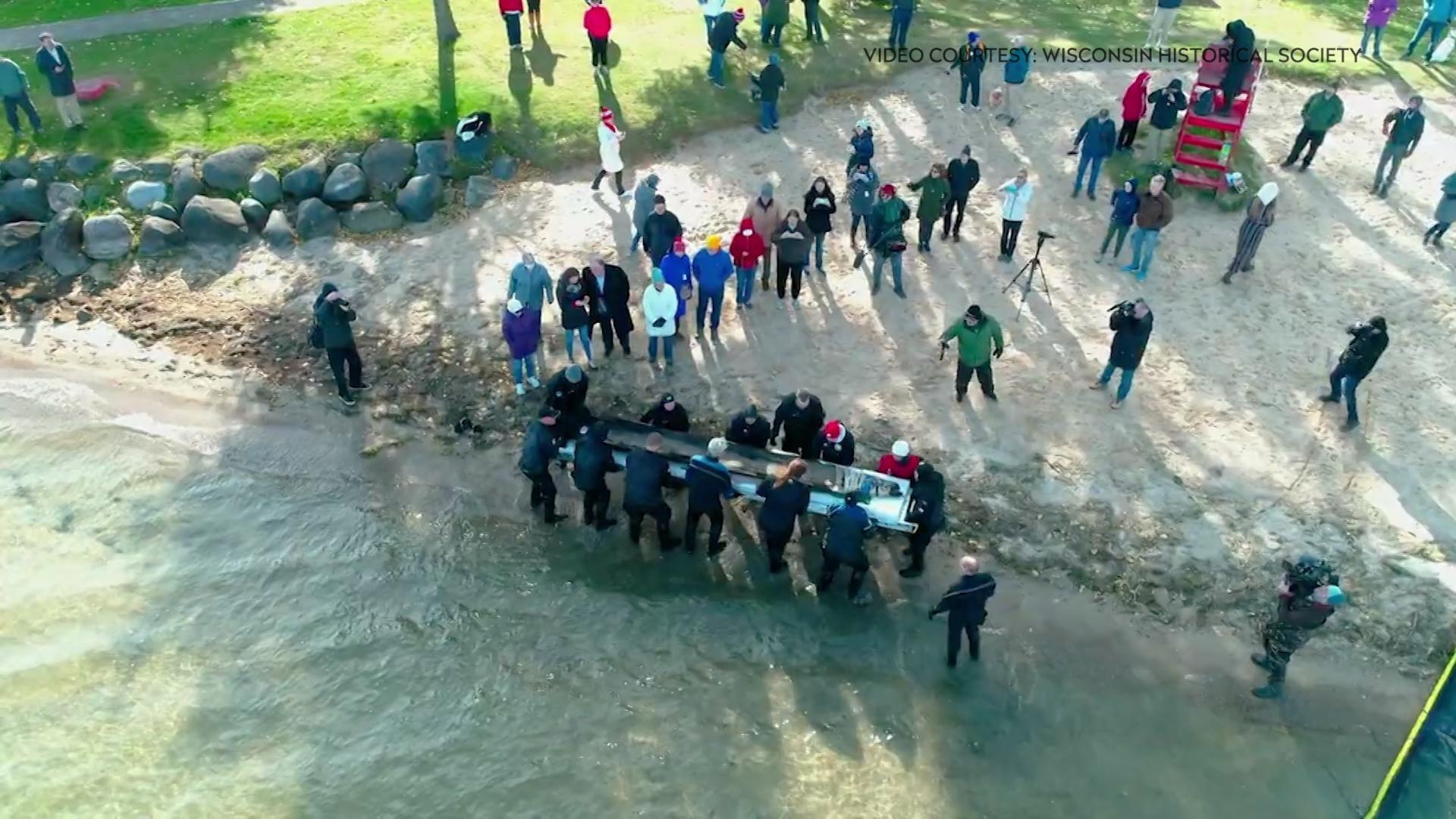

Follow Us